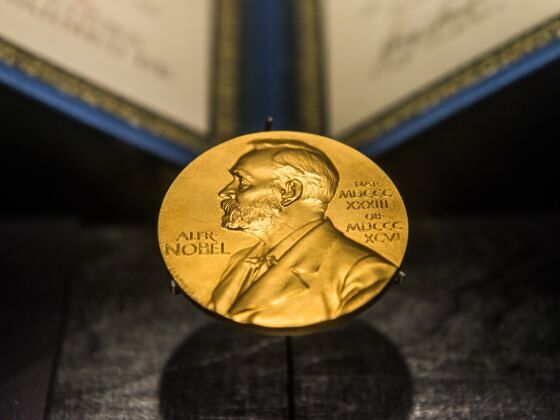During the last eight years, it is doubtful whether our leadership has fostered peace, both within our nation and in the wider world.
We can now elect a President of the United States who will be a transformational figure for peace. But what is peace? Is it just a logo on retro tie dyed t-shirts? A pie in the sky dream? Is peace on earth possible?
The Oxford Dictionary of Contemporary World History describes the Nobel Peace Prize as “the world’s most prestigious prize.”
Each year controversies swirl around the recipients. Attempts are made to discredit the prize and Laureates, but they remain respected and revered throughout the world.
During the Bush administration’s reign, eight people have been awarded the Nobel Prize for Peace.
A look at them offers us a chance to consider which candidates would further the cause of peace as the next President and Vice President of the United States: Barack Obama and Joe Biden, or John McCain and Sarah Palin.
